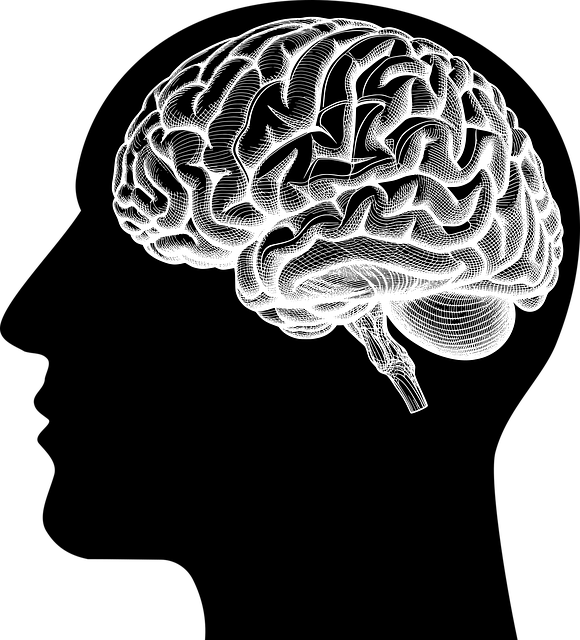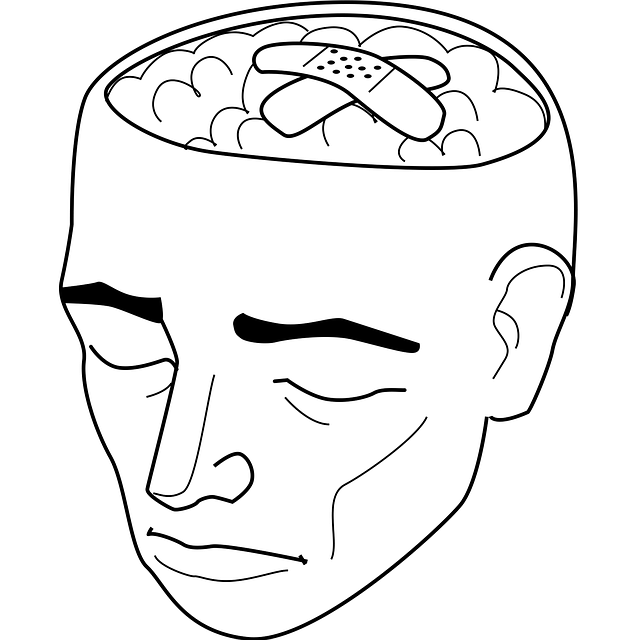Chronic stress can lead to serious mental and physical health issues, making stress management crucial for recovery from Longmont Dissociative Disorder Therapy (LDDT). Recognizing triggers, understanding body responses, and adopting mindfulness and relaxation techniques are key first steps. LDDT combines tailored techniques with mindfulness meditation to address root causes of chronic stress and promote emotional well-being. Community outreach programs and cognitive reframing further enhance coping mechanisms and overall mental resilience for individuals with dissociative disorders in Longmont.
Stress reduction methods are essential for maintaining optimal mental health. In this article, we explore various techniques to mitigate stress, focusing on Longmont Dissociative Disorder Therapy as a comprehensive approach. Understanding the profound impact of stress on our well-being is the first step towards healing. We delve into evidence-based strategies, including therapy types tailored to dissipate stress and promote mental resilience. By combining professional care with daily practices, individuals can navigate life’s challenges with greater equanimity.
- Understanding Stress and Its Impact on Mental Health
- Longmont Dissociative Disorder Therapy: A Comprehensive Approach to Stress Reduction
- Additional Techniques for Daily Stress Management
Understanding Stress and Its Impact on Mental Health

Stress is a natural response to demanding situations, but when it becomes chronic, it can significantly impact mental health. It affects our emotional and cognitive functions, leading to various issues such as anxiety, depression, and even physical ailments like high blood pressure and weakened immune systems. Understanding stress is crucial for implementing effective reduction methods. Recognizing personal triggers and the body’s response to them is the first step in managing stress levels.
For individuals dealing with complex conditions like Longmont Dissociative Disorder Therapy, navigating stress becomes a critical aspect of recovery. The impact extends beyond the symptoms; it influences overall mental wellness. Incorporating practices for emotional regulation, such as mindfulness and relaxation techniques, can help individuals regain control and foster better self-care routines. The Mental Wellness Podcast Series Production offers valuable insights into exploring various self-care strategies, promoting mental health awareness, and providing support for those seeking to reduce stress and improve their overall well-being.
Longmont Dissociative Disorder Therapy: A Comprehensive Approach to Stress Reduction

In the quest for stress reduction, Longmont Dissociative Disorder Therapy (LDDT) stands out as a comprehensive and innovative approach. This therapy method delves deep into the mind, addressing complex issues that contribute to chronic stress and even depression prevention. LDDT is not just about managing symptoms; it aims to promote emotional well-being through a multi-faceted strategy.
The process involves a blend of techniques tailored to individual needs, including mindfulness meditation as a cornerstone practice. By cultivating present-moment awareness, individuals learn to detach from stressful thoughts and emotions, fostering a sense of calm. This holistic approach not only reduces stress but also equips individuals with powerful tools for emotional regulation, enabling them to navigate life’s challenges more effectively.
Additional Techniques for Daily Stress Management

In addition to established stress management techniques like exercise, mindfulness, and therapy, individuals dealing with conditions such as dissociative disorder in Longmont can explore unique approaches for daily stress reduction. One promising method is incorporating elements from community outreach program implementation, fostering a sense of belonging and support that can buffer against stressful events. By engaging in social activities and building meaningful connections, individuals can enhance their resilience and better cope with life’s challenges.
Mind over matter principles also play a significant role in managing stress. Cognitive reframing techniques, taught by therapists specializing in Longmont dissociative disorder therapy, help individuals challenge negative thought patterns and replace them with more positive and realistic perspectives. This not only reduces the emotional impact of stressful situations but also empowers individuals to view challenges as opportunities for growth and learning, thereby strengthening their mental resilience.
Stress reduction is a multifaceted journey, and as this article has explored, understanding its root causes and effects on mental health is the first step. Longmont Dissociative Disorder Therapy offers a powerful comprehensive approach, addressing the complex nature of stress. By combining this specialized therapy with daily practices like mindfulness, exercise, and social connection, individuals can effectively manage stress and improve their overall well-being. Remember, reducing stress is an ongoing process, and utilizing these techniques can lead to a more balanced and resilient mind.














